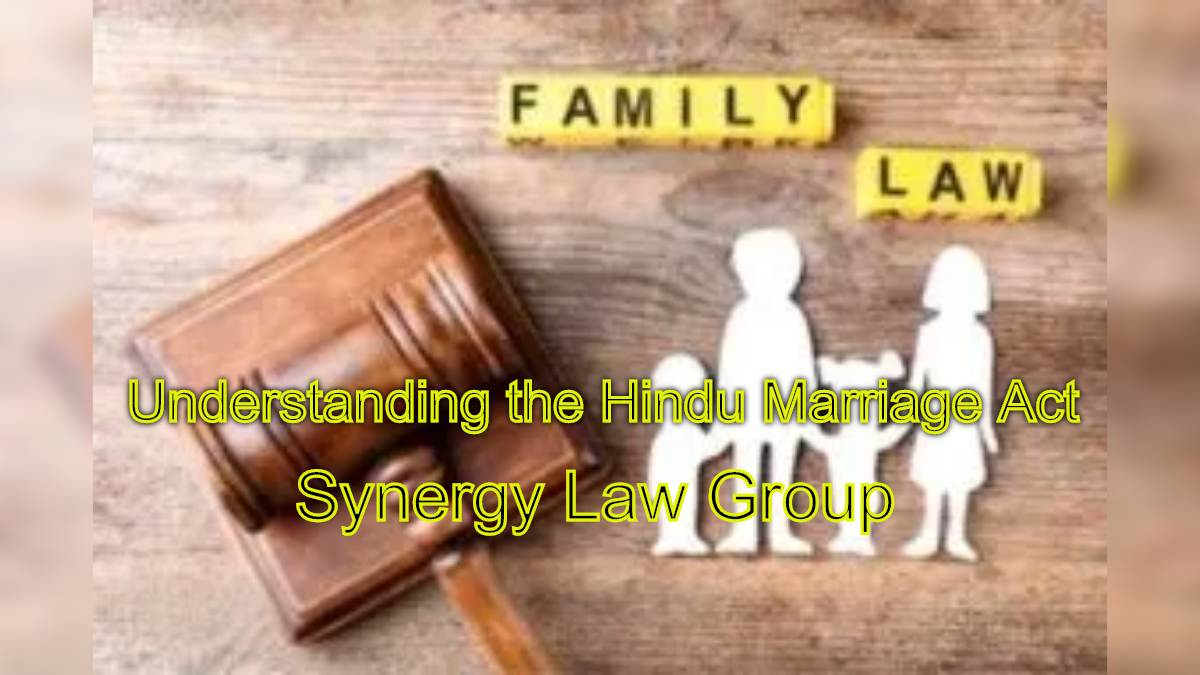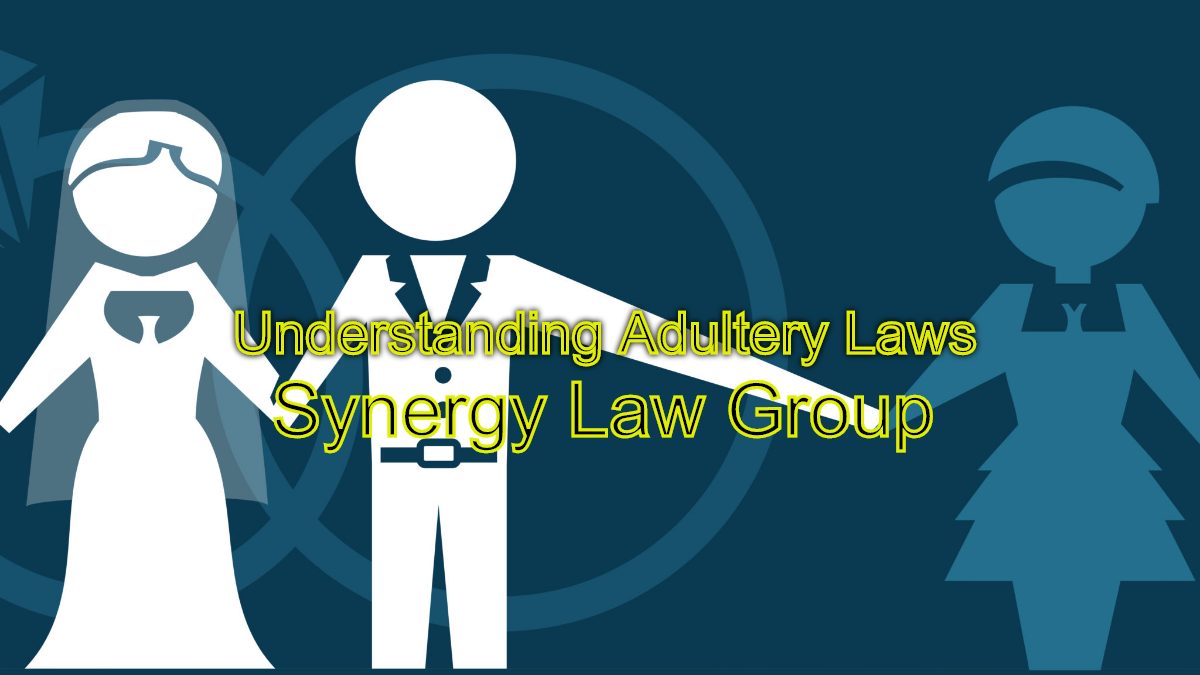Understanding the Hindu Marriage Act: Navigating the legalities of marriage and its potential dissolution can be a confusing and emotionally charged experience. If you’re contemplating marriage or facing the prospect of divorce in India, understanding the Hindu Marriage Act (HMA) is crucial. Synergy Law Group, a team of top-rated family court legal consultants, offers this comprehensive guide to empower you with knowledge and ensure you make informed decisions.
Demystifying Marriage and Dissolution: A Guide to the Hindu Marriage Act (Synergy Law Group)
The Hindu Marriage Act: A Cornerstone of Matrimonial Law
Enacted in 1955, the Hindu Marriage Act serves as the foundation for regulating marriage, divorce, and related matters for Hindus in India. This landmark legislation introduced a codified system, replacing the previously prevalent diverse customary practices. The HMA aims to ensure a legal and standardized framework for marriage, promoting equality and justice for both spouses.
Conditions for a Valid Hindu Marriage
The HMA outlines specific conditions that must be met for a Hindu marriage to be considered valid. These conditions are:
- Monogamy: Both partners must be single at the time of marriage.
- Age Requirement: The minimum age for marriage is 18 for females and 21 for males.
- Sound Mind: Both spouses must be of sound mind and capable of giving their free consent.
- No Prohibited Relationships: The couple must not be within prohibited degrees of kinship, as defined by the Act.
- No Existing Marriage: Neither party can be in an existing, valid marriage.
Grounds for Divorce Under the Hindu Marriage Act
While marriage is considered a sacred bond in Hinduism, the HMA recognizes circumstances where divorce may be necessary. The Act outlines several grounds on which either spouse can petition for divorce, including:
- Adultery: Engaging in sexual intercourse with someone other than your spouse.
- Cruelty: Infliction of physical or mental cruelty that makes it difficult for the other spouse to live together.
- Desertion: Abandonment by one spouse without a reasonable cause for a continuous period of at least three years.
- Conversion: Conversion by one spouse to another religion, making it impossible to continue living together.
- Mental Illness: Incurable mental illness of one spouse for a continuous period of at least three years.
- Presumed Dead: If one spouse is missing (presumed dead) for at least seven years.
- Mutual Consent: Both spouses agree to dissolve the marriage and have been living separately for at least one year.
Benefits of Legal Guidance in Navigating the Hindu Marriage Act
While the HMA provides a legal framework, navigating its complexities and intricacies can be challenging. Synergy Law Group strongly encourages seeking legal guidance from a qualified family court legal consultant. Our experienced team can offer invaluable support in various ways:
- Understanding Your Rights: We can explain your legal rights and obligations under the HMA, ensuring you make informed decisions throughout the process.
- Case Evaluation: We will meticulously analyze your specific situation, identifying the most appropriate course of action.
- Negotiation and Mediation: Our lawyers can skillfully represent you in negotiations and mediation attempts to reach an amicable settlement with your spouse.
- Court Representation: In the event of litigation, our experienced team will provide robust legal representation in court, protecting your interests throughout the proceedings.
FAQs on the Hindu Marriage Act
If any of the mandatory conditions are not fulfilled, the marriage may be declared void.
Yes, divorce by mutual consent is generally considered the fastest and most amicable way to dissolve a marriage.
The HMA provides provisions for determining child custody and division of marital property during divorce proceedings. Our lawyers can guide you through these crucial aspects.
The HMA allows courts to award spousal support to a spouse who is unable to maintain themselves adequately.
The cost of a divorce can vary depending on the complexity of the case and the lawyer’s fees. Synergy Law Group offers transparent pricing structures and can discuss the financial implications with you.
Taking Control of Your Future
Understanding the Hindu Marriage Act empowers you to make informed decisions regarding marriage and its potential dissolution. Synergy Law Group is committed to providing compassionate and comprehensive legal guidance throughout your family law journey. Contact us today to schedule a consultation and discuss your specific situation. Together, we can navigate the legalities with clarity and confidence.
Read More
- Divorce Notice Requirements: Top Rated Family Court Legal advisor’s Expertise
- Legal Implications of Communicable Diseases: Expert Counsel
- Expert Lawyers for Legal Separation: Best Divorce Proceedings Representation
- Annulment of Marriage: How to find the Best Lawyers?
- Understanding Adultery Laws: Insights from Synergy Law Group
- Department of Legal Affairs:


